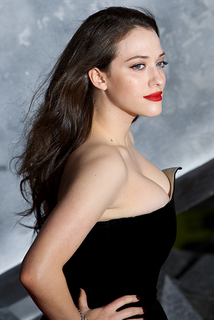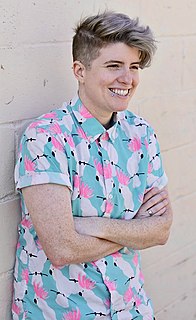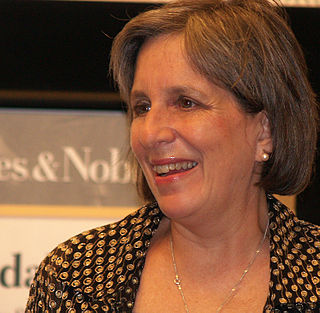A Quote by Ani DiFranco
A lot of women these days, a lot of young women don't want to call themselves feminists. You have this cheap, hideous 'girl power' sort of fad, which I think is pretty benign at best, but at worst, I think it's a way of taking the politics out of feminism and making it some kind of fashion.
Related Quotes
I think feminism has always been global. I think there's feminism everywhere throughout the world. I think, though, for Western feminism and for American feminism, it not so surprisingly continues to center Western feminism and American feminism. And I think the biggest hurdle American feminists have in terms of taking a more global approach is that too often when you hear American feminists talk about international feminism or women in other countries, it kind of goes along with this condescending point of view like we have to save the women of such-and-such country; we have to help them.
Something I say a lot when it comes to anti-feminist stereotypes is that they exist for a reason. The stereotypes of feminists as ugly, or man-haters, or hairy, or whatever it is - that's really strategic. That's a really smart way to keep young women away from feminism, is to kind of put out this idea that all feminists hate men, or all feminists are ugly; and that they really come from a place of fear. If feminism wasn't powerful, if feminism wasn't influential, people wouldn't spend so much time putting it down.
We've been growing our readership every month, and we're kind of like, where are they all coming from? This is wonderful! And I think one of the best surprises was that you hear so often that young women don't care about feminism, that young women don't identify as feminists. But really, the majority of our readers are young women. So to see so many young people kind of get involved and really take to Feministing.com was a really exciting thing.
There's no benefit to saying that you're a feminist. But you do kind of get a nice patriarchal pat on the head if you say, oh, I'm not like that, like I'm not one of those crazy feminists, which is something that happens a lot, where young women or young men will express some sort of feminist ideal, will say, you know, I think it's crap that Wal-Mart won't give out emergency contraception, but I'm not one of those crazy feminists.
I get very frustrated when I hear women saying, "Oh, feminism is passé," because I think feminism means empowerment. Men can be feminists, too! Many men are feminists. We need feminism. It's not against men; it's about the empowerment of women. It's the respect of women - giving women equal rights, the same opportunities.
I think the biggest hurdle American feminists have in terms of taking a more global approach is that too often when you hear American feminists talk about international feminism or women in other countries, it kind of goes along with this condescending point of view like we have to save the women of such-and-such country; we have to help them.
I think people resist feminism because they're scared. I think for women, they're scared of being picked on or of being called out. I hear from a lot of young women, you know, I don't want to call myself a feminist because I don't want to get in an argument with someone. And it's just not cool; like it's not a cool thing to be associated with. There's no benefit to saying that you're a feminist.
The stereotypes of feminists as ugly, or man-haters, or hairy, or whatever it is - that's really strategic. That's a really smart way to keep young women away from feminism, is to kind of put out this idea that all feminists hate men, or all feminists are ugly; and that they really come from a place of fear.
A lot of child actors think they need to re-invent themselves, especially young women. Usually what they do is they adopt a sort of overt sexuality. It's fine if they want to do that, but a lot of times I think they feel obliged to do that, and that is something that I don't think anybody should feel obliged to express.
The way I view feminism — and I know there are a lot of different things going on — but, at its purest form, to me, it's a very positive, supportive, nurturing, empowerment thing. I mean, God, who isn't a feminist? If you don't think women are as good as men, you're not a good person. I like to think that most of the population of people worth being friends with are feminists, if that's what feminism means.
I think the idea that feminism is dead is dangerous because it leads women and men to believe that (1) they don't have to do anything; the work has been done, and that everything is okay now; and (2) it leaves them kind of alone, I think, in a struggle, and that's something I've seen a lot when I go to colleges and I speak to young women.
I think female solitude is a mental condition as well as a physical state. You can be married and a spinster. I think spinster is an identity every woman can claim, if she will... I feel like a lot of women, or a lot of feminists, joke about taking to the sea or living alone in a cottage as this kind of fun freedom.




























